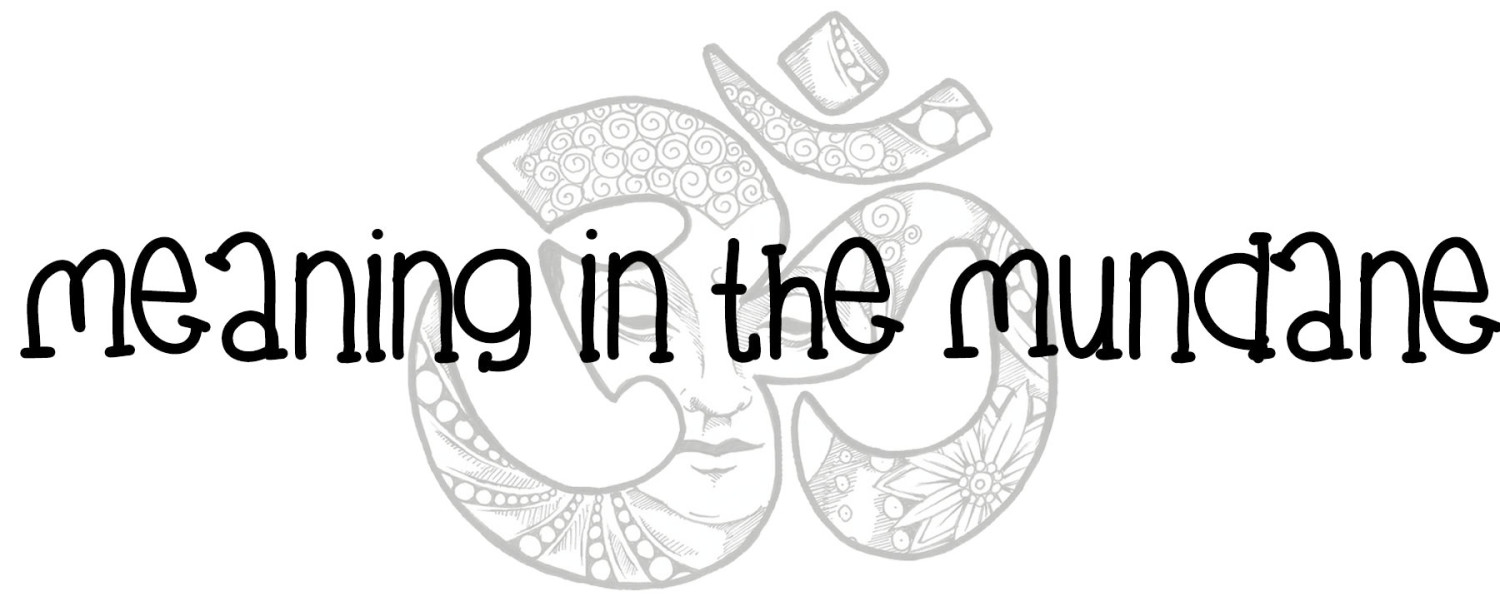Metaphor of the Mind
Every morning the child would wake with excitement and rush out the door. Running past the white calla lilies of the wetlands and along the lush green hills that ebbed and flowed amid the mountainous range—like the rushing or recession of the seas—the child could hear the harmonies from Town Hall drape the clouds then land at the ears with a loving cool whisper. When having reached Town Hall, the child would peak through a rear window to get a good glimpse inside. A choir of 12 was seen from behind, with its leader in clear view, feverishly making sweeping hand gestures to keep the choir in time. The soaring sounds struck the child’s soul with the intense sensations of joy and wonder. The child was often moved to tears, tears that purged restlessness. It was the best part of the day. Every day. Like clockwork the child maintained the routine for months on end: running past the wetlands and along the hills, all the while maintaining the visage of Town Hall in sight.
But the child would never go inside, even knowing the musical ensemble was made up of all ages. The child maintained a distance, though desperately yearned to be a part of the experience.
There were rumblings in the air among the townsfolk that a storm was coming. The child paid no mind.
At first the storm only began as a sprinkle, as if the skies parted with the sole intention of providing hydration to the picturesque lands of the child’s hometown. As time went on, however, the days turned more brisk and bleak. The drizzle became a torrential downpour that created pools of water along the low lying areas of the hills. The flooding waters made travel impossible. Property owners attempted to salvage their homes, as the floods washed over their floorboards. The winds gushed with such exceeding force, knocking down everything that crossed its path. The child’s parents forbade the child to leave home in midst of the danger. The dark days turned into even murkier months.
The child’s depression grew. Like a caged animal, the child circled the bedroom with nothing to do, since everything was read, played with or already pieced together. The child would look out of the window, at the gloomy skies, praying for them to pass. The child could take no more. Hell bent on making a break for it, the child disobeyed parental orders and snuck outside after bedtime.
The moonlight provided enough insight into the new world the storm left behind.
It was a nightmare. Trees were uprooted, the calla lilies drowned, and now rivers existed where roads once were. Homes were devastated, cars lay to waste, and no sounds were heard but the thrashing of the winds. The child’s heart plummeted. A harsh realization hit, and the child let out a startling scream. The previous 15-minute walk now took two hours to reach Town Hall, as the child was driven off course numerous times by nearly impassible roadblocks. The smile upon the child’s face having finally arrived vanished in an instant. Town Hall was no longer Town Hall at all. It was a mere shell of its former existence. A tree had fallen upon its roof, exposing the interior to the harsh elements. Seeped in water, the wood structure began to soften and corrode, causing it to fold in on itself. But somehow that rear window remained intact. The child, though hesitant to look inside the window, did so and quickly turned away in sobs. The interior was a wreck. No longer fearful of going inside, the child stood among the tangled seats and the soft floorboards. In tears, the child let out a low hum and then sang a sweet soft melody to its dying friend. Upon hearing the tune, two little sparrows flew inside Town Hall and perched themselves on a ceiling beam. Having noticed the guests, the child sang a tad louder for them to hear. Shortly thereafter, a trio of squirrels made their way into Town Hall and nestled in a corner feeding on the acorns from the fallen tree. Encouraged by the added audience, the child sang as loud as possible with closed eyes, as if the gesture helped boost inner confidence. When the song came to an end, and the child’s eyes were once again open, the child immediately became crippled with intense fear and stumbled on some rubbish. Before the child stood all the inhabitants of the hilly wetlands, from herds of deers to chipmunks, frogs, gophers, and beavers. Various species of birds and butterflies flocked at the ceilings creating a moving canopy of color. One eagle flew alone, as if the surveyor of them all. Even the creatures of the sea found homes in the pockets of water throughout Town Hall.
Surprisingly, the animals didn’t turn on one another. They didn’t make a rush for the child. They simply stood in wait.
The child, regaining composure, quickly let out another song to the amusement of the crowd. The birds fluttered their wings, the alligator thumped its tail and the rabbits hopped in place. Soon the skies joined in, making noises that seemed to perfectly harmonize with the bellows of the small child. The synchronous sounds jarred the dark clouds, causing them to slowly disband from its brethren. The deep purples and grays of the sky began to turn blue in hue. Sunshine began to cut through every fissure of the facade and dropped down from the broken ceiling top, cascading upon all those who stood inside.
The storm had finally come to an end.
In the dawn of a new day, the animals began to disperse. But the child remained inside, basking in the light.
In what ways can you relate to this story? Please let me know by commenting below.
